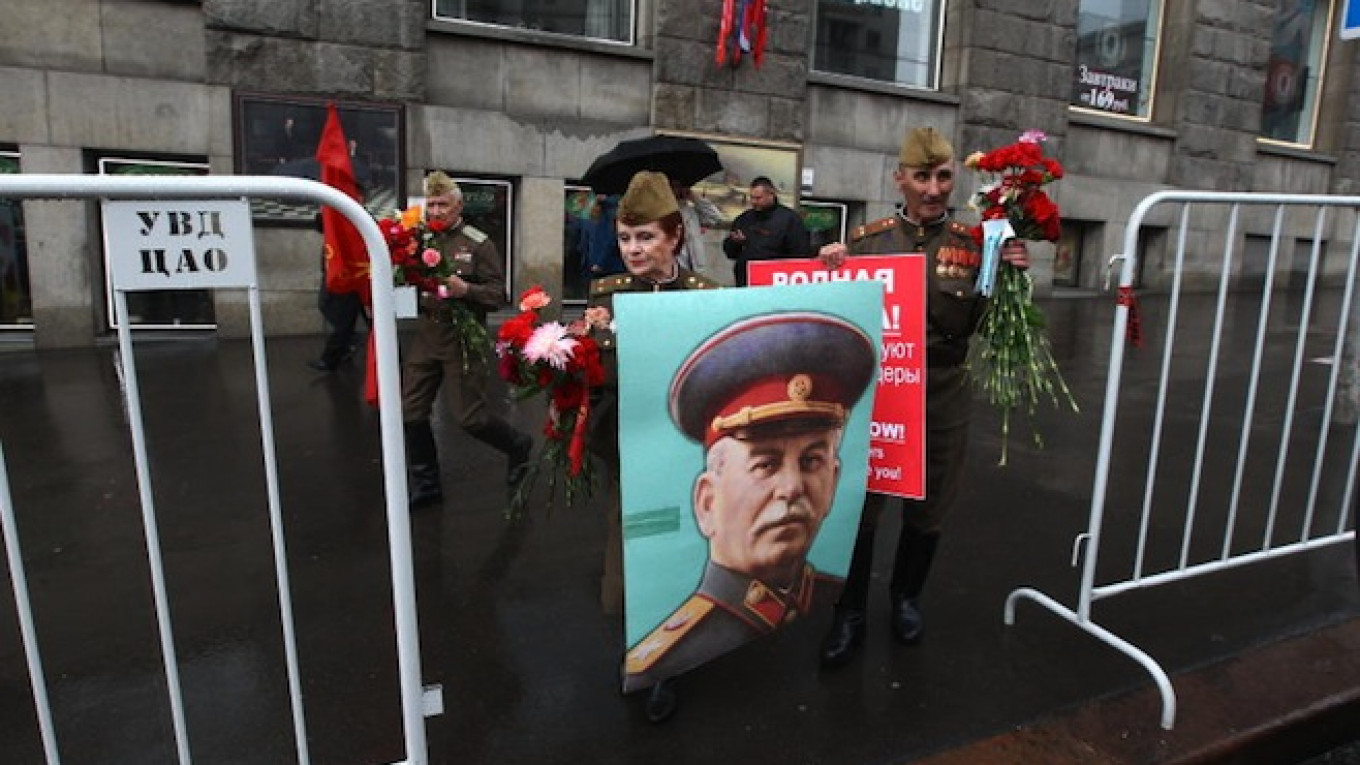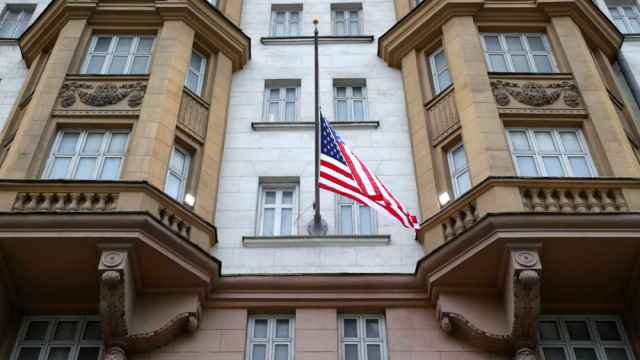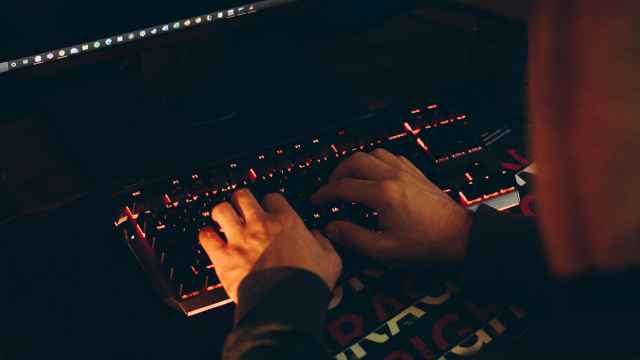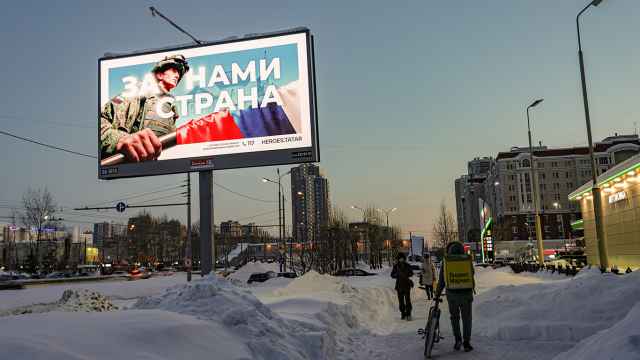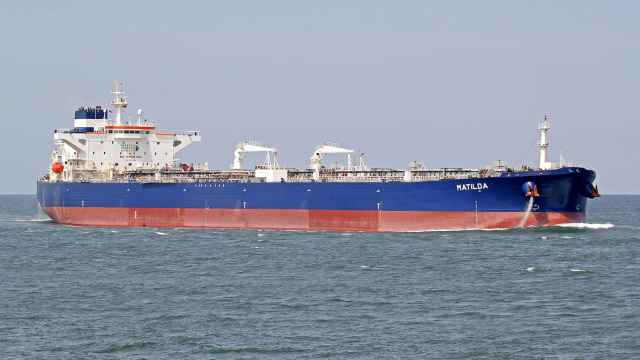The Russian Communist Party (KPRF) plans to use the image of Soviet leader Josef Stalin in their campaign for the upcoming State Duma elections, the Kommersant newspaper reported Wednesday, citing party representatives.
"The image of Stalin will allow us to attract additional votes," said the party secretary for information and analytical work, Sergei Obukhov.
Communists in the Penza region have urged the KPRF to disavow the decision made during the 20th Congress of the Soviet Communist Party in 1956 to "overcome Stalin's personality cult and its consequences," as it was based on a "politically motivated report" by then-leader Nikita Khrushchev.
In September last year, communists placed a bust of Stalin in the center of Penza and opened a culture center dedicated to the Soviet leader, despite backlash from the local population.
Another bust of the leader in Russia's northwestern town of Arkhangelsk is awaiting approval, Kommersant reported.
Communists are trying to enhance their popularity among the public, but there is no point in these actions, the head of Penza Institute for Regional Policy Valentin Manuilov told Kommersant. “They are just beating water with sticks — it splashes a lot without any sense,” he said.
"Russians started to mention Stalin in social surveys only at the beginning of the 2000s, when Vladimir Putin came into power," the head of Levada Center independent pollster Lev Gudkov told Kommersant.
"Before that, in the 1990s, he was not even on the list of the top 10 most popular politicians," he added.
The party's revision of the 1956 decision may even scare off potential voters, Gudkov says, as about 70 percent of Russians believe Stalin is guilty of killing millions of people, Kommersant reported.
A Message from The Moscow Times:
Dear readers,
We are facing unprecedented challenges. Russia's Prosecutor General's Office has designated The Moscow Times as an "undesirable" organization, criminalizing our work and putting our staff at risk of prosecution. This follows our earlier unjust labeling as a "foreign agent."
These actions are direct attempts to silence independent journalism in Russia. The authorities claim our work "discredits the decisions of the Russian leadership." We see things differently: we strive to provide accurate, unbiased reporting on Russia.
We, the journalists of The Moscow Times, refuse to be silenced. But to continue our work, we need your help.
Your support, no matter how small, makes a world of difference. If you can, please support us monthly starting from just $2. It's quick to set up, and every contribution makes a significant impact.
By supporting The Moscow Times, you're defending open, independent journalism in the face of repression. Thank you for standing with us.
Remind me later.


